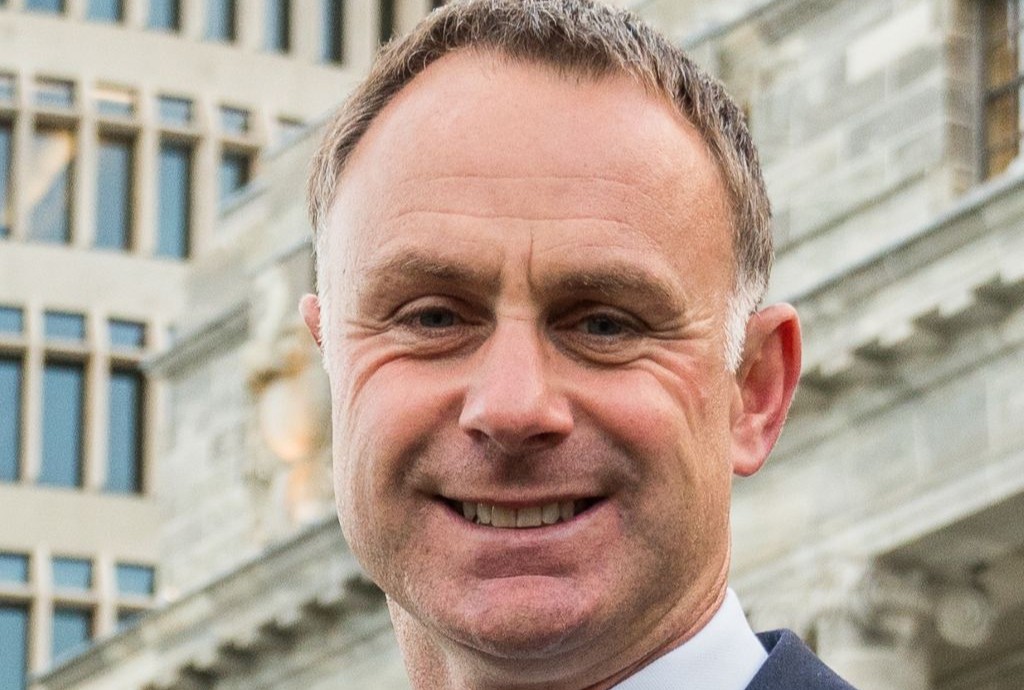Table of Contents
In brief
- New Zealand’s mainstream media remains silent as local experts continue to back regular COVID boosters.
- Meanwhile, thousands of doctors have signed the HOPE Accord, urging governments to suspend COVID mRNA vaccines.
- Switzerland and other European nations, including France and Denmark, have scaled back vaccine recommendations due to safety concerns.
- Florida’s health authorities recommend avoiding mRNA vaccines, citing risks like myocarditis and DNA integration.
Doctors call for mRNA vaccine suspension as European nations scale back recommendations
While jurisdictions abroad reevaluate COVID mRNA vaccines in light of safety concerns, New Zealand’s mainstream media remains silent on the growing international debate. While we do not claim to have definitive answers, it appears to us that the question of mRNA vaccine safety remains unresolved. Avoiding this conversation may impact public trust and informed decision-making.
For example, thousands of doctors and healthcare professionals around the world have signed the HOPE Accord, urging governments to suspend COVID mRNA vaccines.
Other countries, like Switzerland, have taken a cautious approach to COVID vaccines, refraining from recommending them since 2023—even for high-risk individuals.
The Swiss Federal Office of Public Health (FOPH) noted that most residents have either been vaccinated or recovered from COVID, leaving their immune systems prepared.
Switzerland’s decision aligns with similar measures in other European nations. France, for instance, stopped recommending COVID vaccines for the general public, while Denmark ceased its vaccine recommendations in 2022.
Several other European countries have reduced vaccine guidance for younger people due to concerns about myocarditis.
US states cast doubt on mRNA COVID vaccines
Florida’s State Surgeon General, Dr Joseph Ladapo has advocated for a suspension of mRNA COVID vaccines’ use due to safety concerns.
Ladapo’s primary issues involve contaminants such as DNA fragments, which he argues could be transported into human cells by lipid nanoparticles, potentially integrating into DNA.
In a letter to the FDA and CDC, Ladapo criticised the lack of evidence addressing these risks and recommended prioritising non-mRNA vaccines and treatments. He condemned the absence of human trials for the updated booster and its potential ineffectiveness against current variants.
Instead, he urged healthcare providers to recommend non-mRNA vaccines for high-risk groups, such as older adults and individuals with existing conditions.
Florida’s Department of Health has further cautioned against mRNA boosters for most individuals in its latest guidance for 2024–2025. Risks cited include myocarditis, autoimmune diseases, and the prolonged presence of mRNA in the body.
Also, a recent US report from the New Hampshire Special Committee on COVID Response Efficacy criticises US federal agencies for overlooking early “safety signals” of myocarditis, neurological injuries, and autoimmune dysfunction.
Although the New Hampshire report is partisan, it illustrates a debate that New Zealand’s mainstream media has largely disregarded.
A question that’s not going away
Adding to this growing global debate, former US President Donald Trump has appointed COVID vaccine policy critics like Stanford’s Dr Jay Bhattacharya and Robert F. Kennedy Jr. to key public health roles. Bhattacharya, a lockdown sceptic and author of the Great Barrington Declaration, is among those selected to lead the NIH.
Yet, New Zealand’s public debate remains muted. Alternative viewpoints are often dismissed outright and critics penalised, such as the ongoing cases pushed by the New Zealand Medical Council (more on that in subsequent articles).
In this country, experts continue to recommend regular COVID boosters, including for vulnerable groups. Many claim this is the best defence against severe illness and long COVID, although they appear to have backed away from the ‘safe and effective’ descriptor.









